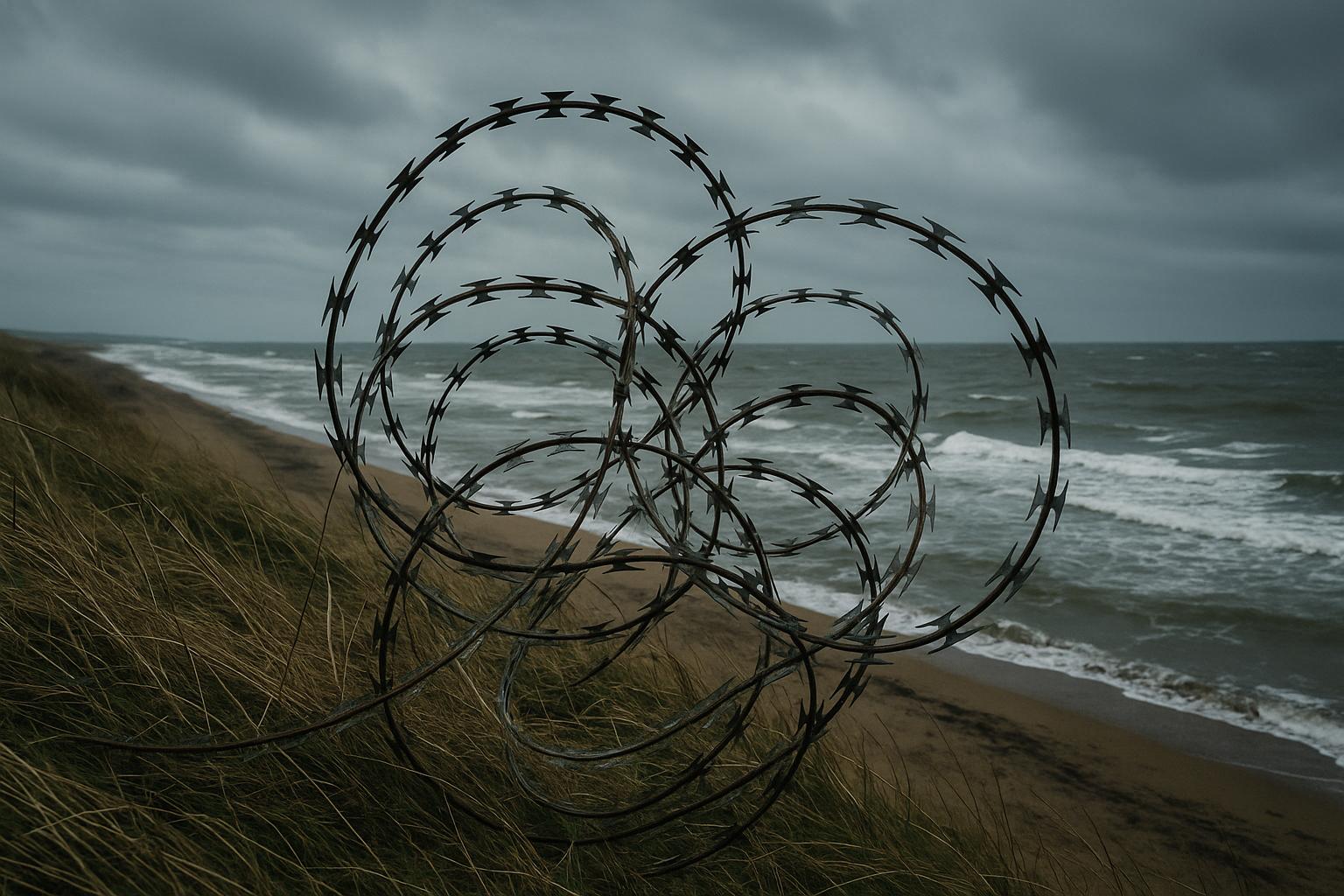Home Secretary Shabana Mahmood has issued a stark warning that the UK's failure to assert control over its borders is eroding public trust not only in political leaders but in the credibility of the state itself. Speaking at a summit in London with interior ministers from the Western Balkans, Mahmood emphasised that the inability to decide who can enter or must leave a country is undermining voter confidence. She said, “The public rightly expect their government to decide who can enter their country and who must leave. Today, in this country – and I know in many of yours – that is not the case.” The gathering aimed to promote stronger international cooperation to tackle illegal migration and disrupt smuggling networks along the western Balkans, a key transit route into Europe.
The Home Secretary highlighted the scale of the challenge, citing Home Office data that some 22,000 people were smuggled through the Balkans in 2024. The region—encompassing countries such as North Macedonia, Montenegro, Serbia, Albania, Bosnia and Herzegovina, and Kosovo—has become a central corridor not only for people smuggling but also for drug trafficking. Mahmood used the summit to push for new agreements aimed at dismantling the criminal gangs facilitating these movements, noting that illegal migration is a shared threat demanding a united international response. She took aim at political factions advocating inward-looking policies, including comments directed at figures like Nigel Farage and Reform UK, urging instead cooperation: “By coming together, we make all our borders—and our countries—stronger.”
The summit also featured discussions on combating violence against women and girls, an indication of the broader social issues linked to migration flows. Graeme Biggar, director general of the National Crime Agency, participated to advance efforts against the organised crime networks behind people trafficking. The UK government is positioning itself to further strengthen international partnerships, with plans to host the Berlin Process Summit in autumn 2025 to deepen cooperation with Western Balkans leaders. The Foreign Secretary, David Lammy, has underscored the importance of tackling the trade in human lives through these collaborations, while Dame Karen Pierce has been appointed the UK's Special Envoy to the Western Balkans to drive these agendas forward.
However, Mahmood’s criticisms have drawn rebuke from the Conservative Party, which accused her of hypocrisy and mismanagement. Shadow Home Secretary Chris Philp argued the government has lost control of its own borders, pointing to record numbers of illegal channel crossings in 2024’s first nine months. Conservatives have proposed leaving the European Convention on Human Rights (ECHR) as a measure to expedite the removal of illegal immigrants, claiming this would halt such crossings swiftly. Mahmood’s comments come amid broader efforts by her department to reform migration laws, aiming to tighten rules around indefinite leave to remain and ensure that legal migrants contribute positively to UK society. In her first major interview since taking office, she acknowledged the challenges posed by high migration levels while stressing the benefits of lawful migration.
Mahmood’s candid admission that the UK currently lacks full control over its borders echoes concerns across Europe about eroding state capability in managing migration. The summit’s approach reflects the UK government’s strategic pivot towards collaborative international solutions to the migrant crisis, signalling recognition that unilateral or isolationist policies are unlikely to succeed in stemming irregular migration or restoring public confidence.
📌 Reference Map:
- Paragraph 1 – [1], [2], [3]
- Paragraph 2 – [1], [4], [3]
- Paragraph 3 – [5], [1], [4]
- Paragraph 4 – [1], [2], [7]
- Paragraph 5 – [1], [2], [3]
Source: Noah Wire Services
